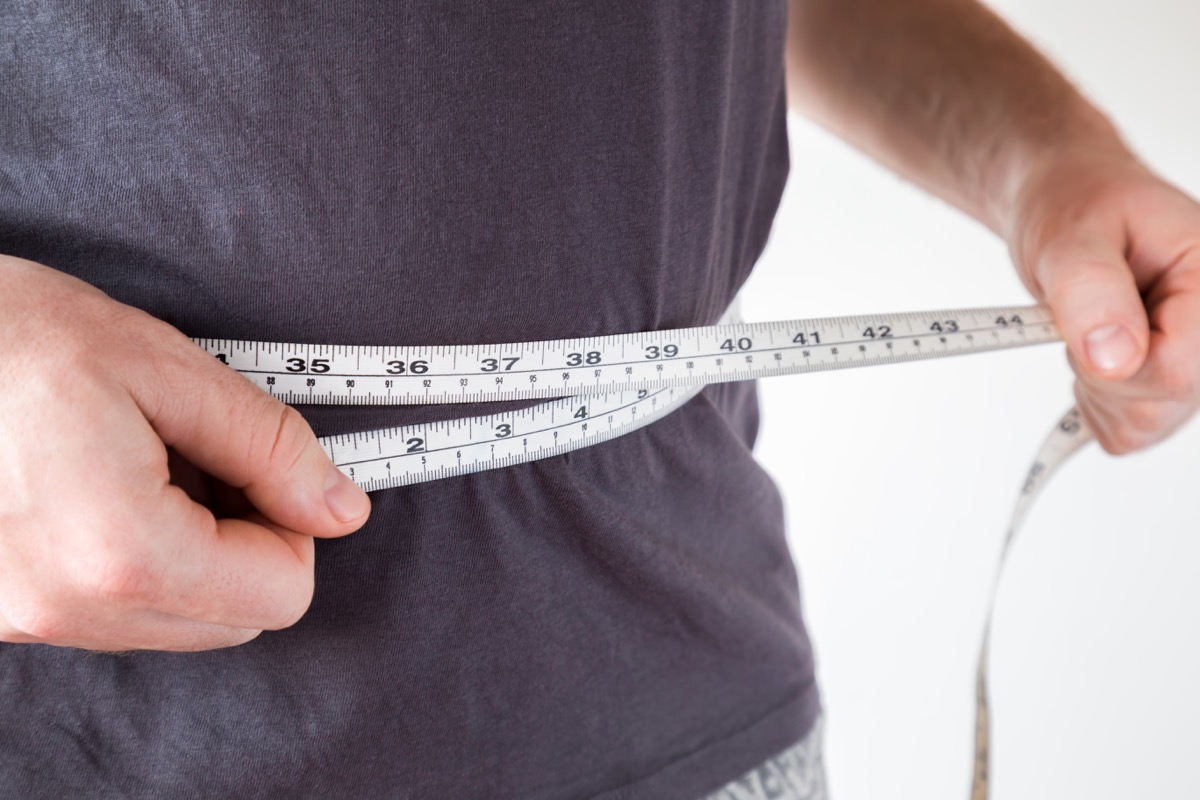“Will we have a COVID vaccine next year tailored to the obese? No way,” Raz Shaikh, an associate professor of nutrition at the University of North Carolina-Chapel Hill, told CNN Health. According to Trust for America’s Health, more than 100 million Americans are categorized as obese. Obesity has long been considered an unhelpful trait for many vaccines. According to a 2015 study published in the journal Vaccine, most vaccines created for public use to protect from things such as influenza, hepatitis B, tetanus, and rabies are typically less effective in those who are obese compared to those who are not. And according to Shaikh, there is no doubt that COVID-19 vaccines will be the same. RELATED: For more up-to-date information, sign up for our daily newsletter. A Chinese study published in March, relatively early in the COVID crisis, already showed the difference that obesity may play in the pandemic. According to the study, heavier Chinese patients infected with the coronavirus were more likely to die than leaner patients. And the Centers for Disease Control and Prevention (CDC) sought to warn Americans about this disparity early on. At first, they listed people with a body mass index of 40 or more—which is considered morbid obesity—as a group at the highest risk for having a severe COVID-19 case. According to the CDC, this is about 9 percent of Americans. However, they have since expanded that to include anyone with a body mass index of 30 or more. And now, that raises it to nearly half of Americans, with 42.4 percent now at high risk.ae0fcc31ae342fd3a1346ebb1f342fcb But why might obesity affect someone’s response to the coronavirus vaccine? According to to the Vaccine study, scientists have found that obesity can impact the body’s immune response. This is because those with obesity experience a state of chronic mild inflammation, whereas the average immune system can turn inflammation on and off as needed to fight infection. The chronic inflammation appears to interfere with the immune response to vaccines, which can cause obese people to get infected even after vaccination. And obesity has already proved to be a trait that makes it difficult to vaccinate adults against the flu. A 2016 study published in the International Journal of Obesity found that vaccinated obese adults were twice as likely to develop the flu or a flu-like illness compared to vaccinated adults with a lower weight. However, despite the limitations, Timothy Garvey, an endocrinologist and director of diabetes research at the University of Alabama, still stressed to CNN Health the importance of obese adults getting a coronavirus vaccine when it becomes available. “The influenza vaccine still works in patients with obesity, but just not as well,” Garvey said. “We still want them to get vaccinated.” And for more on the COVID vaccine, discover The Biggest Myth About the COVID Vaccine You Need to Stop Believing.
